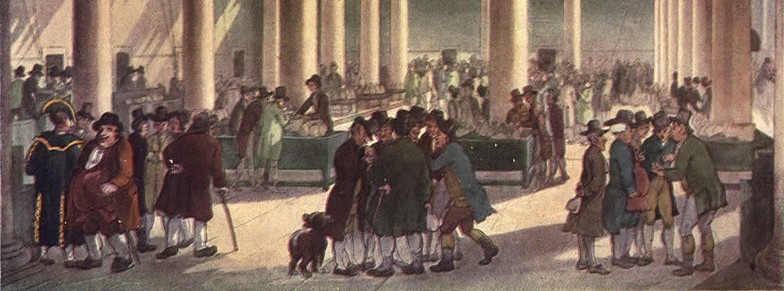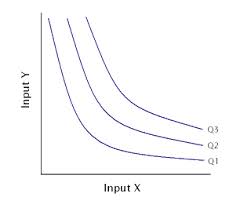II. An inquiry into the Nature and Causes of the Wealth of Nations (better known as Wealth of Nations) – Adam Smith’s book Wealth of Nations was revolutionary because it forever changed the shape of economics. “Today Adam Smith may be called the founder of economics as a separate branch of science” (Goff). His thoughts overthrew much of what was standard logic to the economic powers of most nations.
He argued against mercantilists and physiocrats based on the principle that “wealth was an annual flow of goods and services” and giving special emphasis on the importance of imports and exports in respect to production and consumption (Zera).This was radically different from mercantilism were to sole goal is to accumulate as much precious metals for national treasury, which involves no importance to the flow of other goods and services. Same goes for physiocrats who valued the accumulation of land and nothing with trade. He also stated that trade should benefit both parties, where gold would take away from that aspect.
Smith also made a point against mercantilism because specialization in production allowed for economies of scale. Which is the cost advantages that enterprises obtain due to size, output, or scale of operation. Cost per unit of output generally decreases with increased scale as fixed costs are spread out over more units of output.
The final argument Smith had against mercantilism was that collusion between the government and industries would be harmful for consumers. Mercantilism, in the end, would work much to the benefit of the government, whereas Smith pitched that a free-market system was more beneficial for industries and consumers. He theorized that a nation’s wealth is best measured by the per capita income of the population. It is the income of the population that measures production and is necessary for the consumption of other goods and services.
He formed the first ideas for natural laws of supply and demand and was a firm believer in laissez-faire. He reasoned that the freeing the individual and market from economic restrictions would best benefit society. Although this would encourage individual greed and the private accumulation of wealth the natural laws of economics (supply and demand; production and exchange) would guide their effort for the betterment of society. Thus giving birth to the phrase “private vice yields public virtue” and the underpinnings of capitalism (Mason).
Works Cited
Goff, F. (1947, February 1). Adam Smith’s Wealth of Nations. JSTOR. Retrieved April 14, 2014
Mason, D. S. (2011). A concise history of modern Europe liberty, equality, solidarity (2nd ed.). Lanham, Md.: Rowman & Littlefield.
Zera. (2013, January 1). ECONOMIC THEORIES. Adam Smith The Wealth Of Nations Summary ~. Retrieved April 14, 2014888




